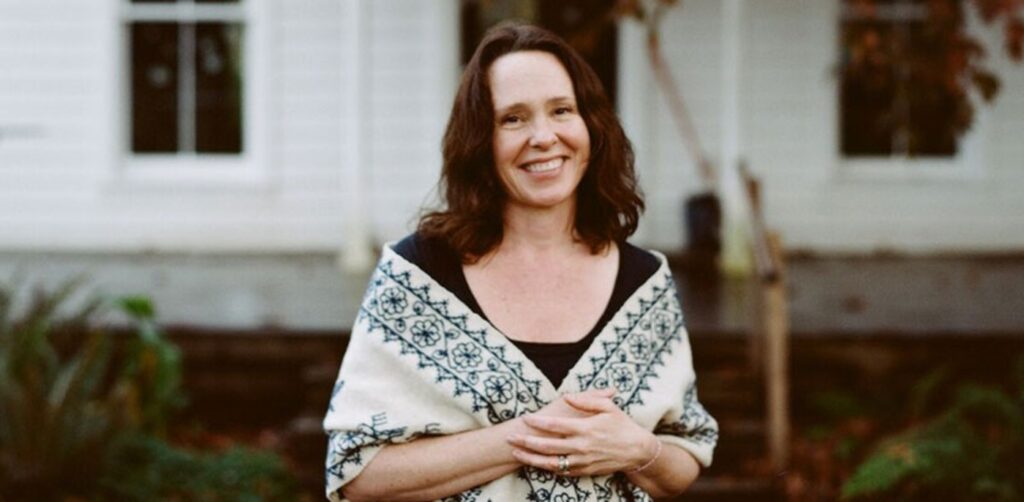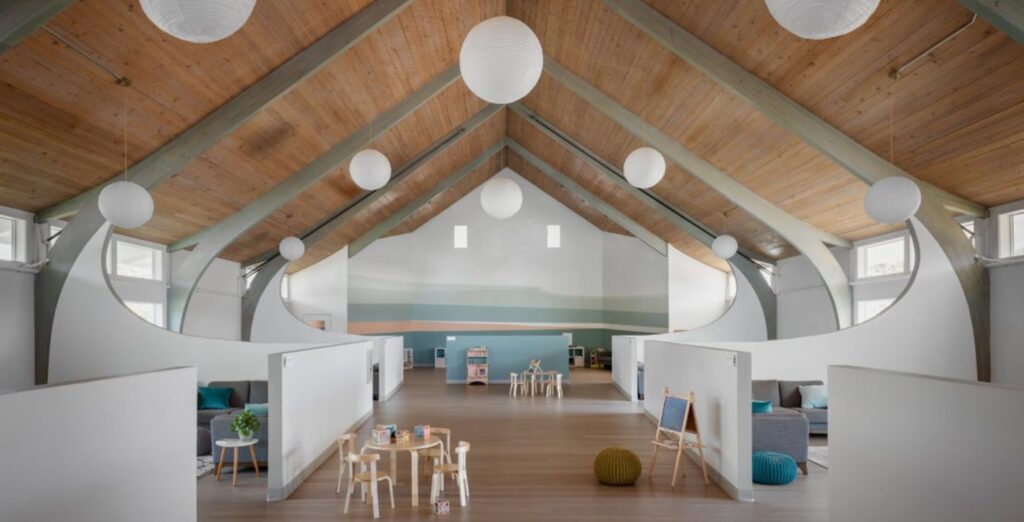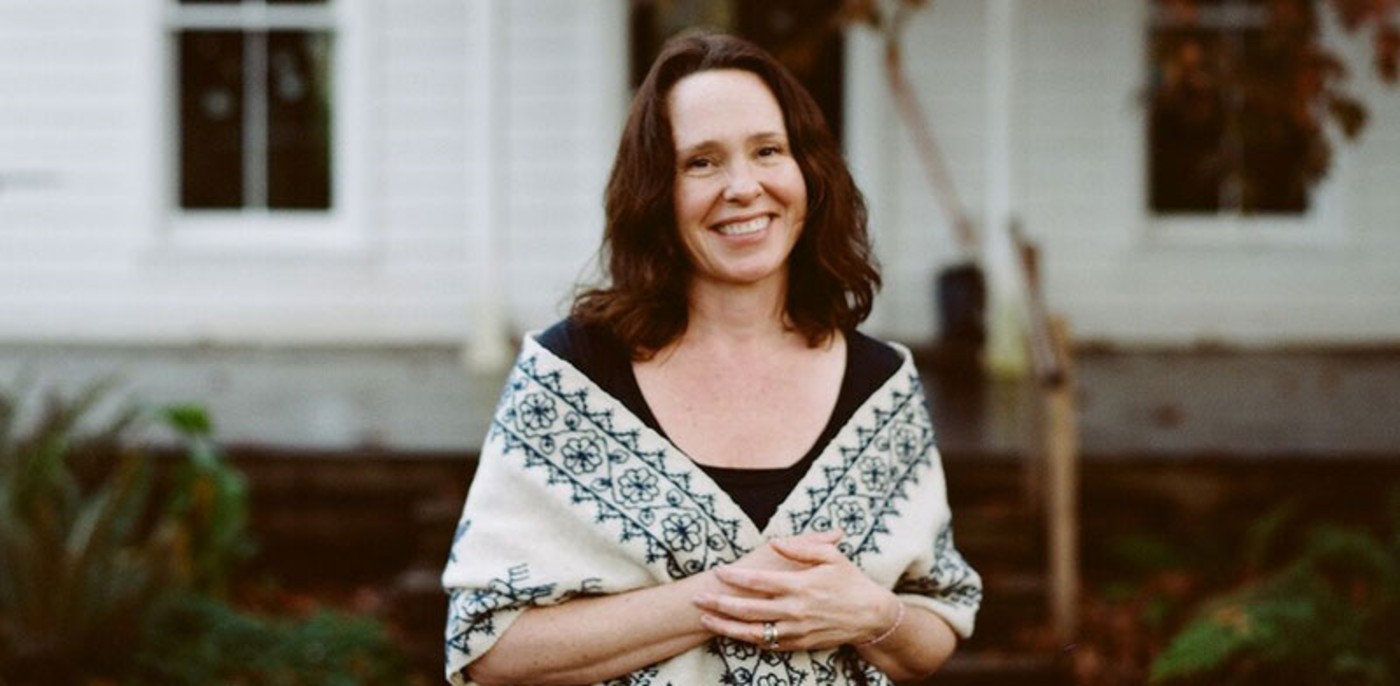Non-profits need profits, and one Portland interior designer has found a subtle, effective way to fund projects looking to alleviate the Oregon homelessness epidemic.

A short-hand equivalent of when grocery stores ask shoppers to round up and give the surplus to charity, she’s adding a 1% line item on every client invoice as a way of generating money for non-profits: and other interior designers in the state have been joining her.
Despite having one of the highest state tax burdens in the nation, Oregon struggles with homelessness rates.
Seeking to utilize the real estate and home furnishing industry’s familiarity with the problem, Jessica Helgerson started the One Percent Project and found that among her interior design business’ 25 clients, only one opted out of the voluntary 1% charge.
“When you’re working with people who can afford an interior designer, that might not be a lot of money to them,” explains Helgerson to Fast Company. “That has really fostered a lot of enthusiasm; people are excited they can be part of it.”
Launched in 2019, the One Percent Project is now generating revenue for nine Portland and Oregon state organizations that work ro alleviate homelessness, including Community Warehouse—a sort of Salvation Army that allows people transitioning out of homelessness to shop for free.
The grant they’ve received through the One Percent Project has so far come to a whopping $150,000, which Community Warehouse used to buy a new van to make deliveries.
Doing their part

How did such a big fundraising number happen? In 2019, more than a dozen interior-related businesses in the Pacific Northwest got onboard with the project—and that number is only rising.
“It was important that it not just be interior design,” Helgerson said. “But that it be all aspects of the home world. Real estate agents, architects, plumbing, contractors, supply places. It’s a very broad world.”
Another grant recipient benefitting from the increased participation was Portland Homeless Family Solutions, a shelter and support center that helps homeless folks stay safe and positive while seeking long-term housing.
The One Percent Project provided a $40,000 grant to fund the project and over 800 pro-bono hours of interior design work. Using concepts from trauma-informed design, the remodeled space is grounded in safety, accessibility, flexibility, connectivity, inclusion, health, and healing.
The One Percent Project finds that the 1% line item makes it easy for businesses to add it into their operations without expanding software or personnel, while the association between the housing industry and the homelessness epidemic makes sense to clients—similarly, perhaps, to the no-brainer of an airline buying carbon offsets, or a paper company planting trees.
SHARE the Generosity and Send This Story to Friends…




















